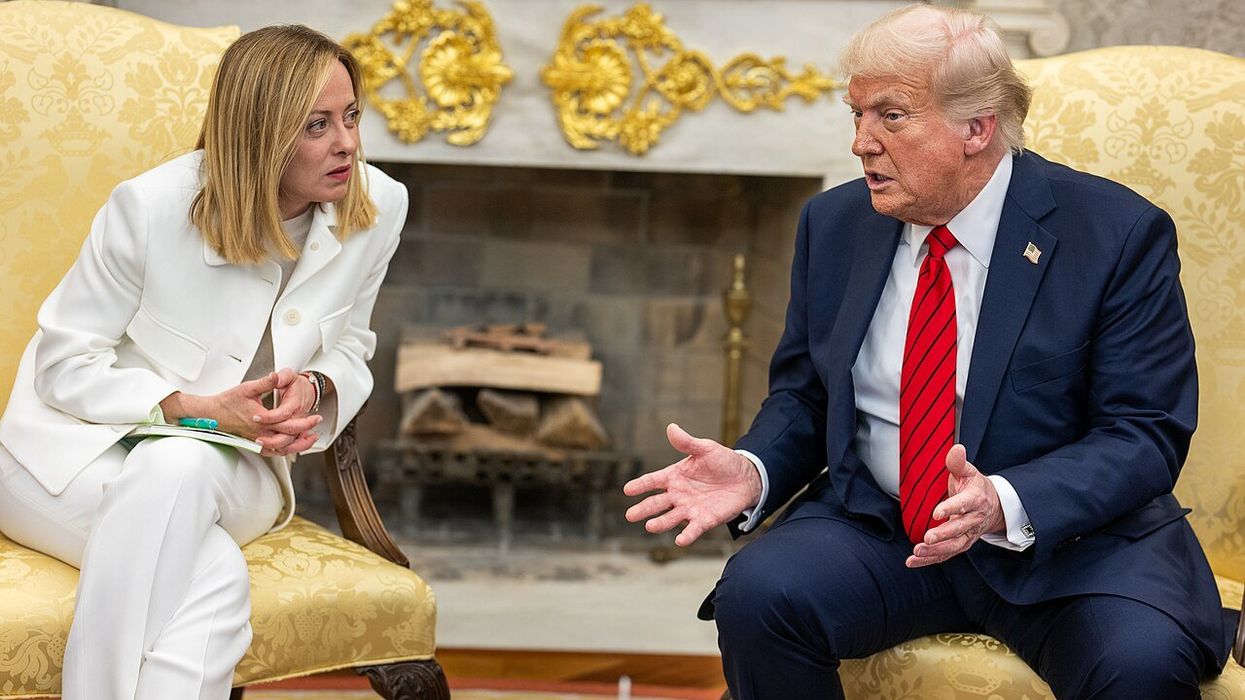When South African President Cyril Ramaphosa visited the White House on Wednesday afternoon, May 21, U.S. President Donald Trump showed a far-right video promoting the conspiracy theory that white South Africans are being targeted for "genocide." Ramaphosa politely and diplomatically disagreed with the video, which later received a forceful debunking from Princeton University professor Eddie Glaude Jr. on MSNBC.
Appearing on MSNBC's "Deadline: White House," Glaude lambasted Trump for pushing a "white nationalist agenda" and "white grievance politics."
But this wasn't the first time Trump's detractors had a scathing reaction to his meeting with a foreign leader. Trump drew plenty of criticism after berating Ukrainian President Volodymyr Zelensky during their White House meeting.
READ MORE: 'Opposite of apartheid': Here are 5 bombshell moments from Trump’s meeting with SA president
In an article published on May 22, CNN's Stephen Collinson describes Ramaphosa as the "latest leader to become a MAGA prop."
Collinson explains, "It's the new Hunger Games of world politics — the televised Oval Office takedown by President Donald Trump…. Trump's dressings-down are a metaphor for a U.S. foreign policy that is erratic, politicized and awash in conspiracy theories. As Ukraine and Jordan also found out, the more vulnerable a country, the more hostile a reception they tend to get."
Ramaphosa, Collinson argues, "knew what was coming" — but other leaders might avoid the White House in the future.
"Giving the growing political risks of appearing in the Oval Office," Collinson warns, "it would not be surprising if some leaders reconsider what was once a coveted invitation but is now a political trap. This could have diplomatic consequences, with Global South nations like South Africa now looking more to China than the U.S…. Every Oval Office meeting now takes place in the haunting shadow of the brutal inquisition of Ukrainian President Volodymyr Zelensky by Trump and Vice President JD Vance in February."
READ MORE: Is every nationalist a potential fascist? A historian weighs in
Collinson adds, "Ramaphosa seemed to have learned from that shocker. While rattled, he reacted with bemusement rather than outright anger to the president’s ambush. He patiently tried to explain the facts to Trump — not that it made any difference."
Traditionally, Collinson notes, "Oval Office photo-ops" have been "dull affairs," but the Trump White House "shattered…. those barriers of decorum" with his "rowdier" approach.
"Trump's brand is based on being an outsider and a disrupter," Collinson observes. "He returned to office determined to tear down global political and trading systems that boosted U.S. power but that he says are ripping Americans off. What better way can there be to demonstrate 'America First' strongman credentials than berating foreigners on TV?"
READ MORE: 'Call this what it is — theft': Republicans approve largest Medicaid, SNAP cuts in US history
Stephen Collinson's full analysis for CNN is available at this link.


